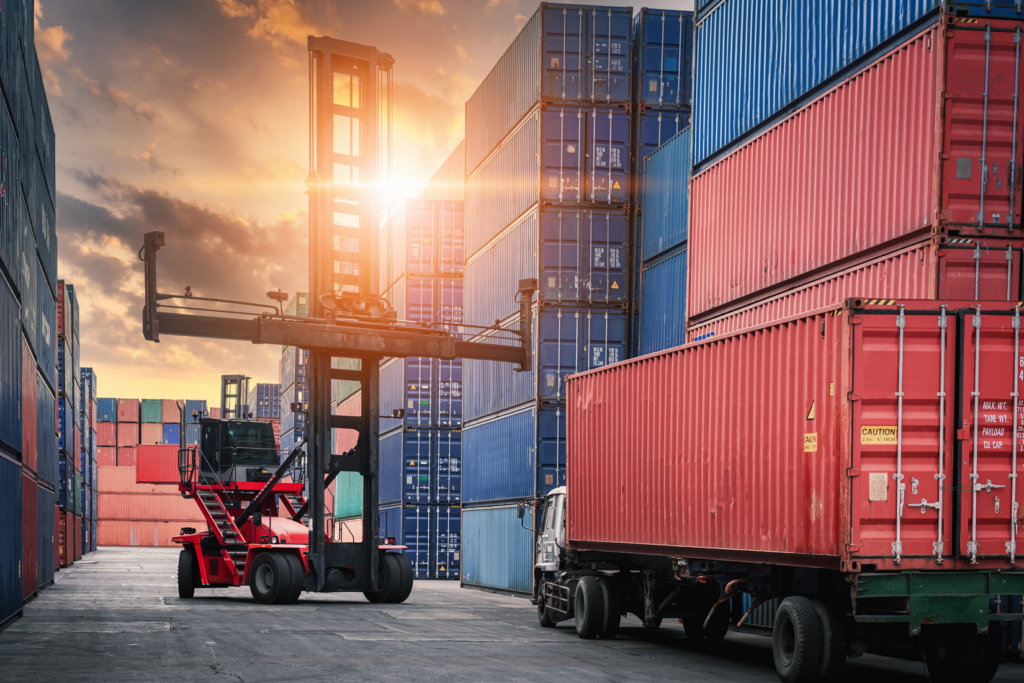How to Become Proactive in Response to Capacity Shortages
We’re almost a quarter into 2022, and we continue to see that supply chains are capacity-constrained, and prices keep rising because people are spending on “stuff” versus experiences. These are lasting effects of the pandemic and its social and economic impacts, and they’ve created an unusually tight capacity market with a strong freight demand, but low supply of drivers and carriers. The operational impact is obvious in skyrocketing shipping costs, missed delivery schedules, tied-up working capital, and heated customer service calls—just to name a few.
If there are trucks with open capacity but no drivers, or there are drivers but no available trucks (i.e., capacity shortage), these deficits pose a real obstacle, with no “right” answer. And, according to the American Trucking Associations (ATA), 10.23 billion tons of freight (primary shipments only) were transported by trucks in 2020, representing 72.5% of total domestic tonnage shipped. That number is significant, and at the end of the day, unseated trucks don’t generate revenue, and a capacity shortage gives pricing power to the fleets, driving up the cost of transport for companies and presenting distinct problems that demand a solution.
Whether you ship your goods via a private fleet, a dedicated trucking service, or a carrier, chances are you have been negatively impacted by higher carrier costs due to the capacity shortages we’ve seen. Now we’re left figuring out how to navigate what some are referring to as a “new normal” well into 2023.
3 Strategies to Manage Risk in this Volatile Environment
1. Communicate with your customers.
Arm your salespeople with the necessary resources to set expectations. Ensure they have access to material pricing indexes, weekly shipping cost data, currency exchanges and other tools to explain the volatility that you are experiencing. This will take the edge off tough conversations. Customer service is key.
2. Move to Dedicated Contract Carriage (DCC)
For companies that want all the benefits of having a private fleet without having to make ongoing capital investments in equipment or manage a staff of drivers, a Dedicated Contract Carriage (DCC) may be the answer. DDC is a customized transportation system that acts as an extension of your business and provides:
- Controlled costs
- Increased efficiencies
- Enhanced business performance and customer service
- Guaranteed capacity
At TQ Logistics, we provide customized services that remove the complexities of operating commercial motor vehicles, including:
- The large exposure to liability when operating trucks in the public domain
- The multifarious regulations and laws that require compliance
- The recruiting, hiring, training, disciplining, and management of professional truck drivers
3. Consider Outsourcing
An outsourced partner will analyze your supply chain and determine where dedicated services may fit as the best possible solution for your unique needs. This will allow you to focus on running your business.
The world of dedicated trucking is not confined to any one market or industry, so whether your needs include straight trucks, cargo vans, or tractors connected to dry van; temperature controlled, tanker, or flatbed trailers—TQ Logistics can implement a dedicated transportation solution tailored to your specific requirements.
Regardless of whether you’re a manufacturer in the appliances/electronics, medical, scientific/research, pharmaceutical, retail, furniture, industrial supply, and food/beverage industries, we understand how overwhelming this can be, and we can help!
Contact us at (770) 426-8050 or email info@tqlogistics.com so we can help you navigate the higher costs of supply chain capacity shortages.
